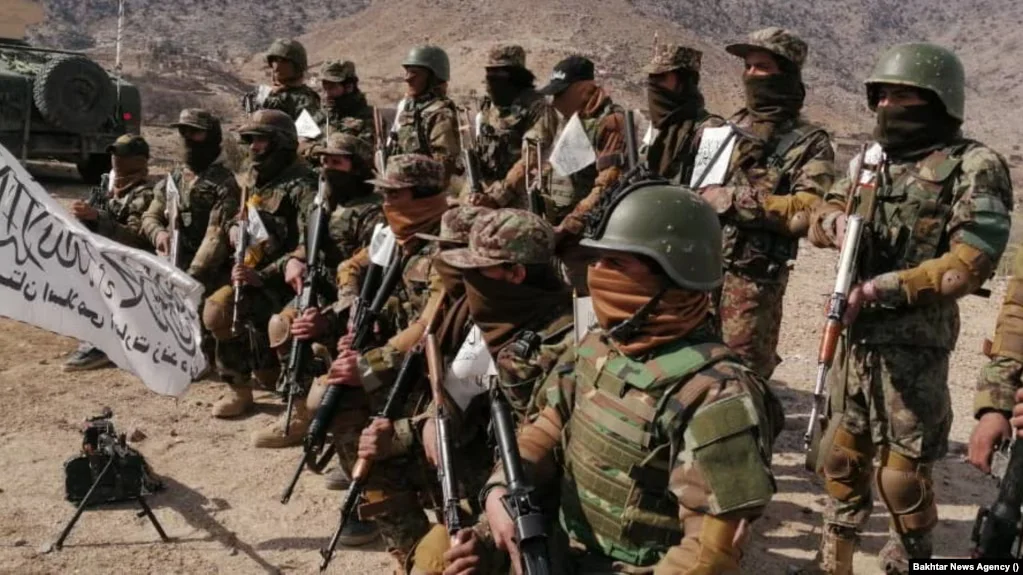According to a trade ministry official, India does not see the rationale in the US placing it on a watchlist of currency manipulators.
According to India\’s commerce minister, Anup Wadhawan, this decision makes little economic sense, as he told reporters. He also mentioned that the Reserve Bank of India follows a strategy that allows for market-driven currency movements. He also said that the development is an interference into the Reserve Bank of India\’s policy room.
“These are in my view legitimate market-based operations of a central bank. It is a mandate of the central bank to provide stability in the currency. As a result of which central banks buy and sell foreign currency. Our overall reserves have been fairly steady at $500-600 billion. We are not accumulating reserves. We have a steady pattern of reserves that fluctuates, based on market-based transactions. The central bank’s activity in the foreign exchange market is perfectly balanced and completely legitimate. It is within the accepted monetary policy mandate of the central banks across the world,”. Wadhawan told reporters in a virtual briefing.
India and 10 others on US Treasury \”Monitoring List\”
Last week, The US Treasury Department put India, along with ten other economies, on a \”Monitoring List\”. This also includes Singapore, Thailand, and Mexico. According to the department, they will closely monitor the currency activities of these countries. According to the RBI\’s annual report, this was due to the central bank\’s high dollar acquisitions. This has amounted to nearly 5% of GDP, exceeding the 2% mark.
The official reported, India\’s trade surplus with the US increased by approximately $5 billion in the fiscal year 2020/21, which ended on March 31.
According to the US survey, India\’s bilateral trade surplus in goods with the US was $24 billion in 2020, with an $8 billion trade surplus in services.
The study recommends that Indian authorities restrict foreign exchange activity to \”circumstances of chaotic market conditions\” and avoid \”excessive reserve accumulation,\” citing the central bank\’s increased acquisitions of dollars due to capital flows.
According to some economists, the US\’s recent decision to place India on a watchlist may deter the central bank from intervening aggressively in the foreign exchange sector. REUTERS is a news organization based in the United.





